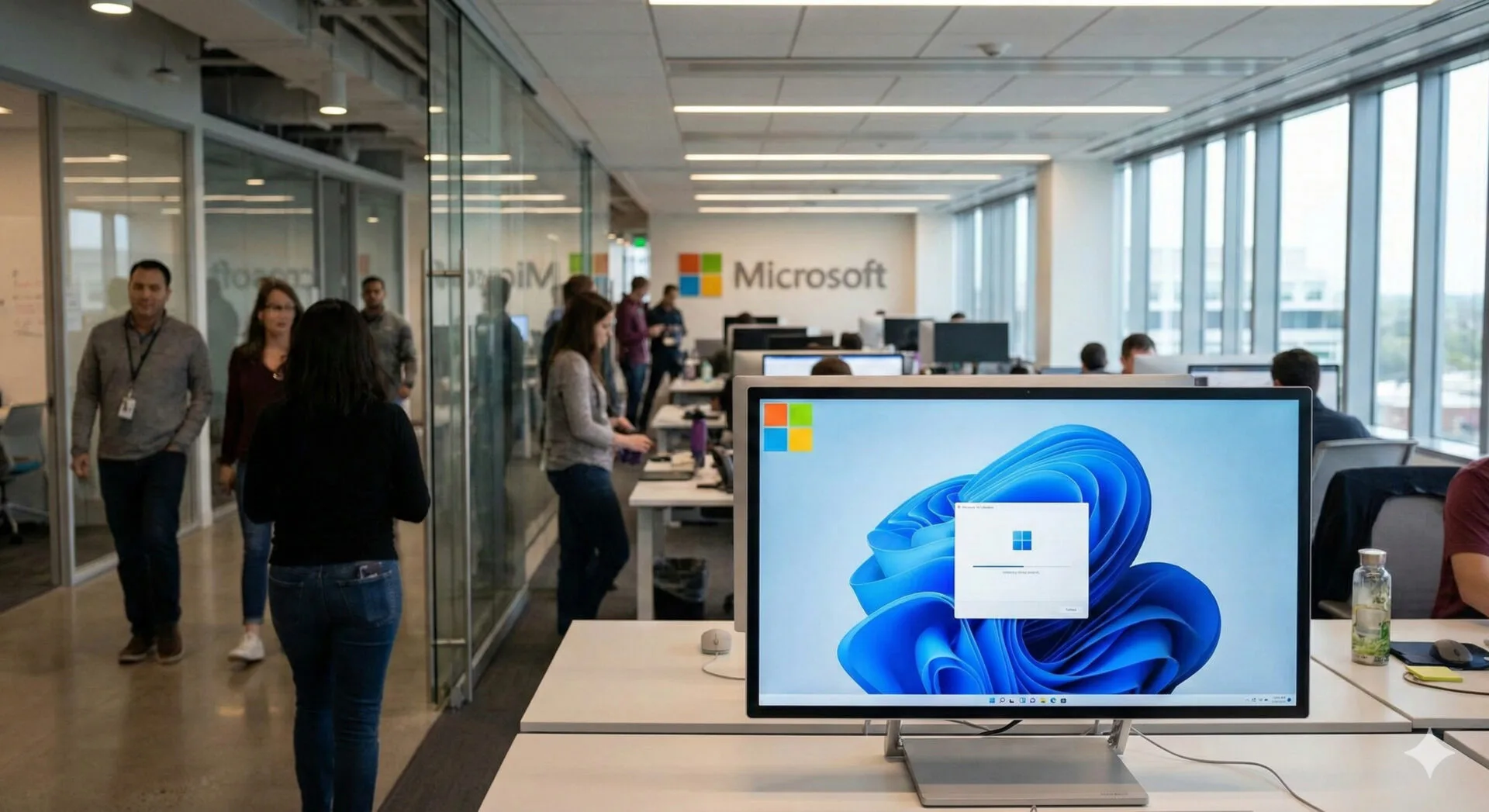
If you need a computer in the field, whether you’re supporting commercial operations, working at an industrial site, or providing security or law enforcement related services, then you know the anxiousness that goes with sending an expensive piece of tech out into the wild. From careless users to the dust, wind, and rain it’s likely to encounter, there are plenty of everyday threats that can end your laptop or tablet’s service life early. When you factor in the accidents and intentional damage that can be caused by clients, their employees, or random people your personnel come in contact with, it’s enough to keep an IT pro up all night. Rather than returning your crews to the stone ages of pen and paper, however, a ruggedized computer may offer a better solution.
The Changing Face Of Field Operations
Automation, digital transformation, and cloud services are more than just buzzwords. Increasingly, they are the way business is done across industries. The need for instant, on-the-spot digital support is quickly separating successful programs from those being left behind as we evolve to an increasingly connected society from both the top-down and bottom-up. This has created a need for field support technology that is designed to survive the real day-to-day world your personnel is likely to encounter.
Military Innovation, Civilian Application
As is often the case, the military was forced to address this need as warfighters transitioned to increasingly sophisticated weapons and support systems. The result was ruggedized computers that were meant to withstand the rigors of combat, long periods without traditional computer care, and harsh environments while still remaining functional and ready to assist soldiers in fulfilling their missions. In order to do so, these computers had to deliver performance on par with conventional portable computers, while meeting criteria meant to ensure field survivability.
Primary Differences Between A Rugged Laptop And A Conventional Laptop
In order to suit this role as a “front-line” computing solution, there are several ways that rugged computers diverge from your common laptops.
- The Case – The first thing that you note when looking at a ruggedized computer is its outward appearance. Instead of the penchant modern electronics has for sleek lines and gentle curves, rugged devices are bulky, blunt, and abrupt. The case of a rugged laptop is designed to be the first line of protection from physical damage, with thin plastic being replaced by rubber and light-yet-strong metal alloys. Often with a built-in carrying handle, these cases provide maximum impact protection against blunt forces delivered to the closed computer. They also help protect from infiltration by dust, sand, moisture, or chemicals that might cause damage or corrosion.
- The Components – Rugged laptops are manufactured with action in mind, and to serve that purpose, the interior components are designed to resist shock, temperature variations, and other common laptop threats. While there are still configurations available using optical drives and traditional hard drives to support budgetary or mission constraints, in many cases, solid-state is the name of the game. These components better resist jarring and impact, making internal damage less likely.
- The Certifications – Because they were designed originally for use by the Department of Defense, rugged laptops meet a higher threshold of durability than most consumer electronics. MIL-STD-810g and IP-65 compliant ratings offer provable strength to match up to the toughest conditions your personnel will commonly face. These computers are drop rated and sealed, so you can be sure your investment is well protected.
- The Configurability – A rugged laptop can’t support a range of missions if it isn’t adaptable. Most rugged laptops come with a range of options to help you configure for legacy system compatibility, mobile connectivity, increased performance, and even future-proof options to help protect your budget from additional upgrade costs as technology and field support needs evolve.
Not Your Office’s Laptop
While rugged laptops may not replace their traditional counterparts anytime soon, it is undeniable that they can offer the right tech, at the right time, in the right situation. When your personnel needs computing in the field and your IT staff needs a break from the constant worry of incidental damage, they’re the smart choice to make.
Author Bio:
Aaron Smith is an LA-based tech writer and content strategist.






Leave a Reply